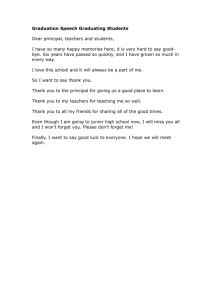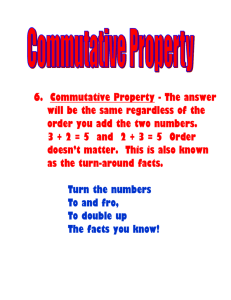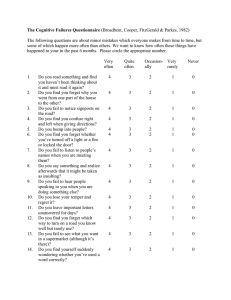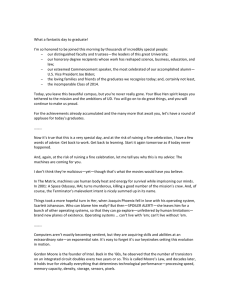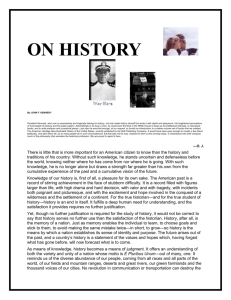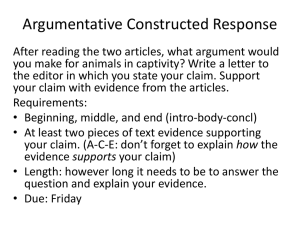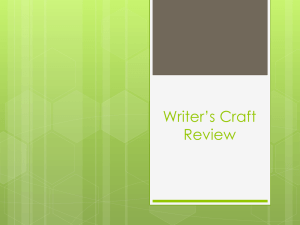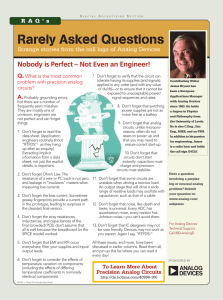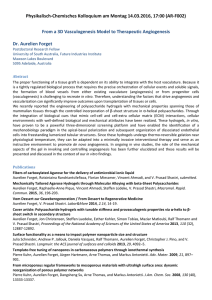Age of Reason
advertisement
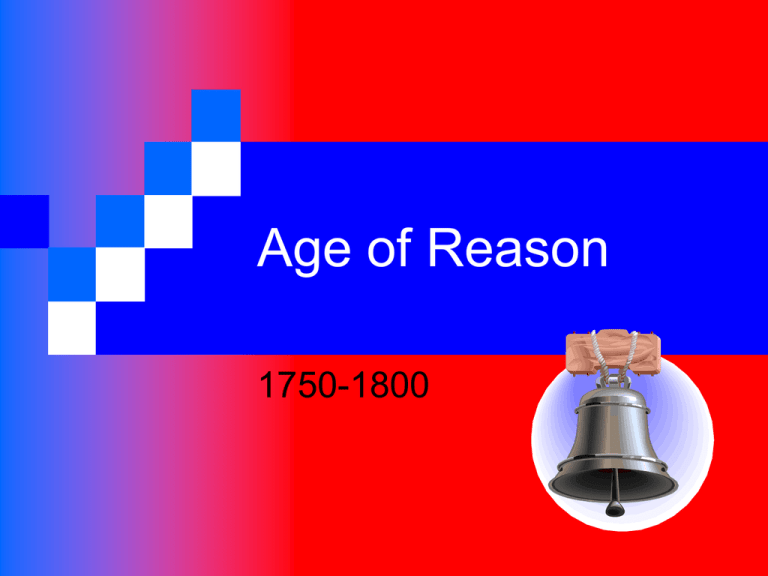
Age of Reason 1750-1800 Background Mid-1760’s and mid-1770’s attitudes toward Great Britain changed King George III and Parliament imposed new regulations Outrage in America grew Timeline After the French & Indian War, taxes were raised to cover war costs 1765 Stamp Act 1767 Townshend Acts 1770 Boston Massacre 1774 First Continental Congress 1775 “shots heard around the world” 1800 America elected T. Jefferson Age of Reason Also called the “Enlightenment” Spurred on by scientists (Galileo and Sir Isaac Newton), philosophers (Voltaire), and political theorists (John Locke) Valued reason over faith Cultural Scene Theaters were built New colleges established Singers and artists abounded Literature of the Period Mostly public writing Many newspapers and magazines established Almanacs were popular Fixed on politics Anaphora Anaphora is emphasizing words by repeating them at beginning clauses. Never shall I forget that night, the first night in camp, which has turned my life into one long night, seven times cursed and seven times sealed. Never shall I forget that smoke. Never shall I forget the little faces of the children, whose bodies I saw turned into wreaths of smoke beneath a silent blue sky. Never shall I forget those flames which consumed my faith forever. Never shall I forget that nocturnal silence which deprived me, for all eternity, of the desire to live. Never shall I forget those moments which murdered my God and my soul and turned my dreams to dust. Never shall I forget these things, even if I am condemned to live as long as God Himself. Never. — Elie Wiesel, Night Aphorism It is a short, concise statement expressing a wise or clever observation or a general truth. Lost time is never found again. Ben Franklin That which does not destroy us makes us stronger. Nietzsche Parallelism Parallelism is the use of repeated sentences or phrases within a piece of literature. Famous Works Ben Franklin From From Thomas Jefferson The Declaration of Independence Thomas Paine From The Autobiography Poor Richard’s Almanac The Crisis, Number 1 Patrick Henry Speech in the Virginia Convention

